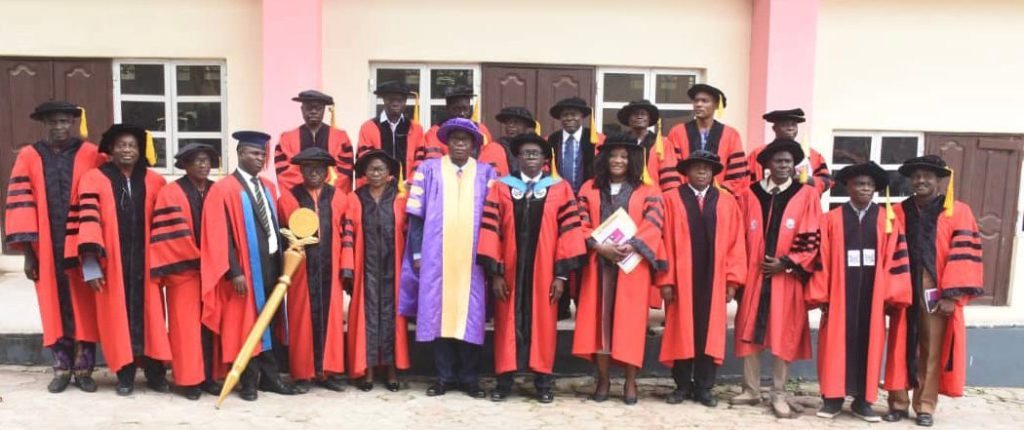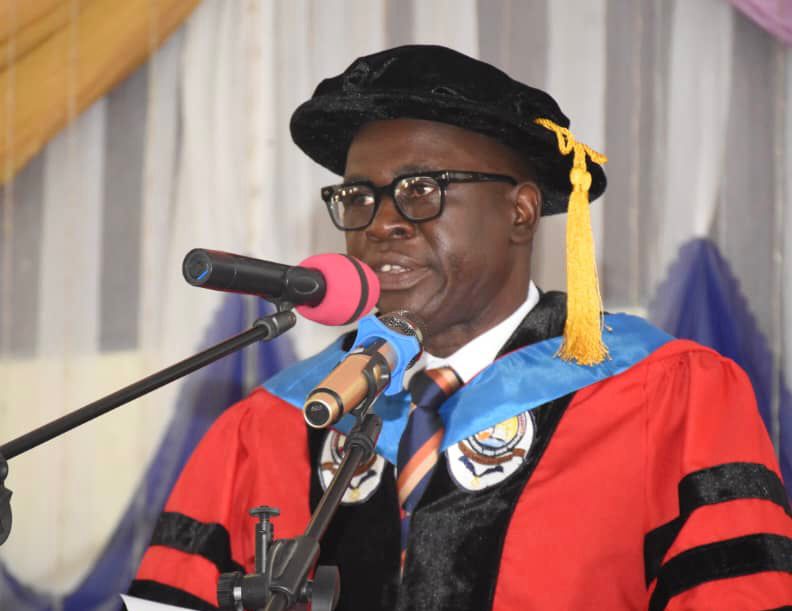***Warns of High Cost of Worker Non-Commitment in Nigeria
Professor Jude Akomolafe, a renowned Professor of Counselling Psychology, has identified emotional intelligence and job commitment as critical drivers of national development. He warned that Nigeria continues to suffer significant setbacks due to widespread worker apathy across various sectors.
Prof. Akomolafe made these assertions on Tuesday, July 29, 2025, while delivering the 44th Inaugural Lecture of Adekunle Ajasin University, Akungba-Akoko, Ondo State. The lecture was titled “Did You Complete What You Started? The Tripartite Roles of Commitment, Predictors and Therapeutic Interventions.”
He emphasised that organisational success hinges largely on the commitment of its workforce.
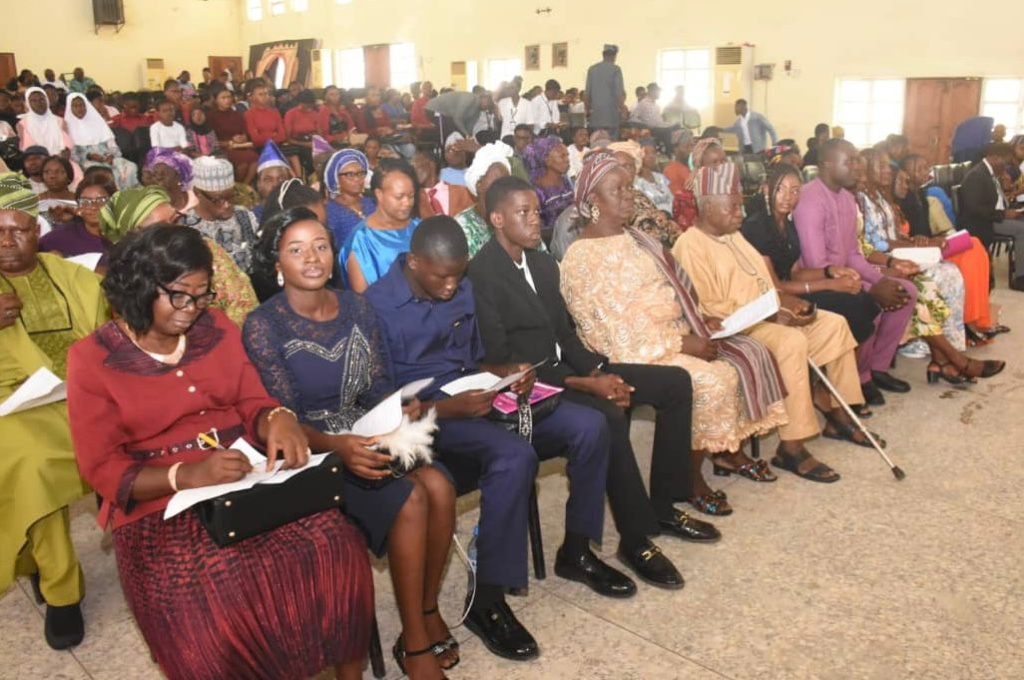
“For an organisation to achieve its goals, vision, and mission, workers must demonstrate a high level of commitment. If every employee effectively carries out their tasks, such an organisation will remain productive and highly competitive,” he stated.
Prof. Akomolafe described the current lack of commitment among Nigerian workers as a major impediment to national growth:
“Lack of worker commitment is one of the key challenges plaguing all sectors of the Nigerian economy. Many institutions are in disarray due to this problem. For any meaningful progress to occur, workers must be genuinely committed. Is this achievable? The answer is an unequivocal yes.”
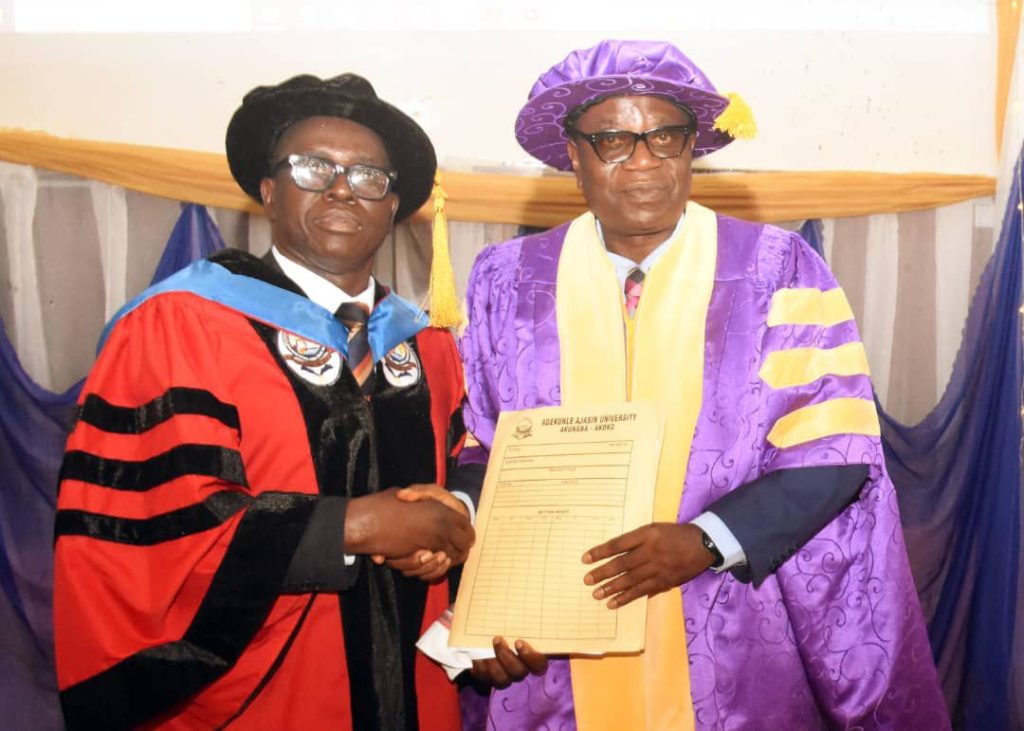
Drawing from decades of research, he identified several psychological predictors of commitment, including emotional intelligence, self-efficacy, personality types, and job satisfaction.
He further recommended the adoption of interventions such as Cognitive Behavioural Therapy (CBT) and emotional intelligence training to enhance worker motivation and productivity.
“Therapeutic interventions have proven highly effective in boosting Nigerian workers’ commitment,” he noted.
The professor called for reforms in staff recruitment and human resource management practices. He advocated for the inclusion of counselling and organisational psychologists on recruitment panels to help identify candidates with suitable personality traits—particularly extraversion, agreeableness, and conscientiousness—while cautioning that individuals with high neuroticism or excessive openness may struggle with job commitment.
To foster a more dedicated workforce, Prof. Akomolafe proposed policy recommendations such as: Regular staff training and development, Inclusive decision-making processes, A strong emphasis on workplace wellbeing.
“Organisations should focus on creating enabling environments where employees are motivated to align with organisational goals without constant supervision,” he said.
He also stressed the importance of fairness and empathetic leadership in the workplace, cautioning against punitive management styles.
“Discipline should be administered when appropriate… but oribibe kò lè ṣe oògùn orí fífò (cutting off the head is not the cure for a headache),” he added, urging a more humane and constructive approach to leadership.
Prof. Akomolafe concluded that by investing in employee welfare and development, organisations can build a motivated and committed workforce, which will in turn enhance performance and national competitiveness.
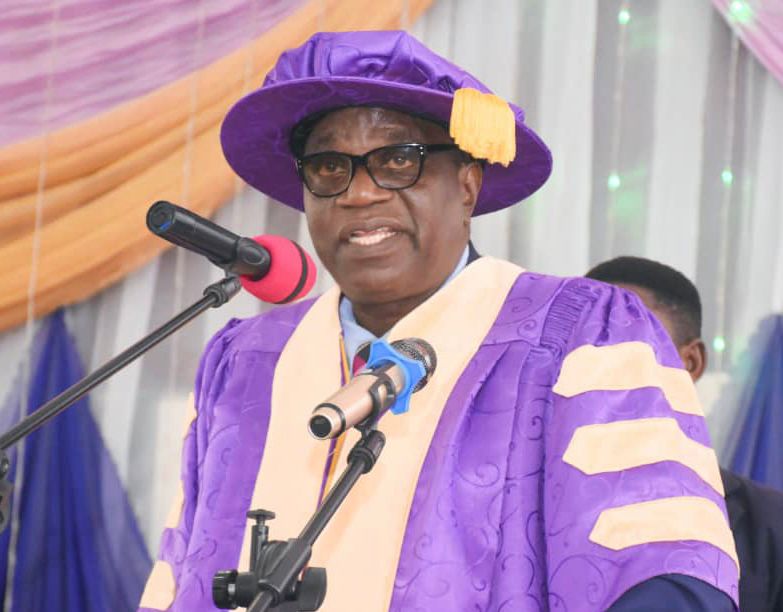
In his opening remarks, the Vice Chancellor and Chairman of the occasion, Professor Olugbenga Ige, lauded Prof. Akomolafe for his outstanding academic contributions and dedication to mentoring and community service.
“Your research has not only enriched academic discourse but also offered practical solutions to real-life challenges. You are a shining example of academic excellence in service to humanity,” Prof. Ige stated.
